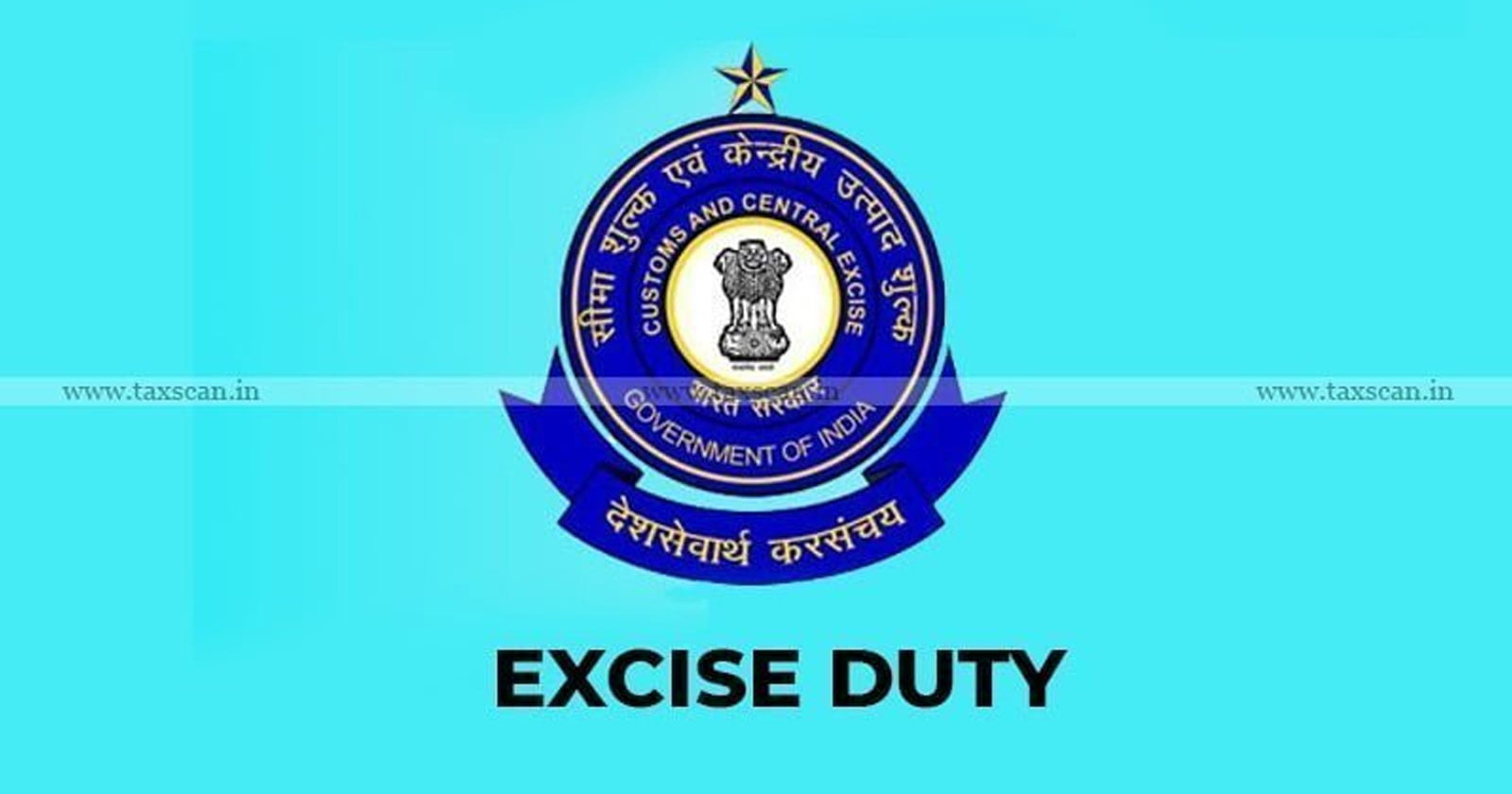Excise Duty Payable is Revenue Neutral if it reconciles with CENVAT Credit: CESTAT directs re-adjudication subsequent to Reconciliation Exercise

The Ahmedabad Bench of Customs, Excise and Service Tax Appellate Tribunal (CESTAT) overturned the imputed order and directed the adjudicating body to re-adjudicate the case following a reconciliation exercise.
The respondents were directed to present the reconciliation that demonstrates the connection between the procurement and Cenvat involved therein and the sale of the products with duty payable thereon by the bench of Ramesh Nair and Raju.
Briefly stated, the respondents, M/s Gujarat Heavy Chemical Limited, were involved in the import of 1000–1500 kg of Sodium Tripolyphosphate (STTP). Additionally, the respondents trade imported STTP. Repacking bulk packages of imported STPP into retail packs of 40/50 kgs was necessary because, in accordance with Chapter Note 9 to Chapter 28, "labelling or re-labeling of containers or re-packing from bulk packs to retail packs or the adoption of any other treatment to render the product marketable to the consumer, shall amount to manufacture."
The Respondents for their trading activity are also registered as Dealer as per the provisions of Central Excise Act, 1944.
The DGCEI after detailed investigation, recording of statements of various persons, issued show cause notice by invoking extended period of limitation.
Following consideration of the assessee's comprehensive reply and a hearing, the adjudicating authority disregarded the demand on the grounds of both merit and limitation. Because of the contested order-in-original, the Revenue chose to appeal.
According to Prabhat K. Rameshwaram, who appeared on behalf of the department, there is no question that the respondent's action amounts to manufacture, therefore the repacked products they passed are unquestionably subject to duty.
In addition to the repacked products, it was also claimed that there were instances of clandestine removal, which were acknowledged by several respondent-related parties. As a result, the demand was incorrectly withdrawn by the adjudicating authority.
Anand Nainawati, Counsel appeared for respondent submitted that the entire quantity is sold either as repacked goods or job-work goods or alleged clandestine removal are duty paid during import of the goods and suffered CVD/ SAD. Therefore, even if it were assumed that the appellant had cleared goods after adjusting for Cenvat credit without paying duty, there would be no demand. Since demand is not otherwise sustainable, the entire argument rests on revenue neutrality.
Considering the rival submissions, the panel observed that there is no dispute that all the goods on which the duty was demanded have been imported duty duly paid including Countervailing Duties/Special Additional Duty.
It was also stated that if at all there is any duty liability of repacked goods or alleged clandestine removal or sales under dealer invoice or repacking job work, in all these cases, the appellant were entitled for the Cenvat credit in respect of the goods imported/ purchased by them.
The bench noted that because if the entire case was revenue neutral and no differential demand arose following the reconciliation exercise regarding the total amount of duty payable and the availability of Cenvat credit, the demand would not be upheld.
Furthermore, the tribunal remand the matter to the Adjudicating Authority for passing a fresh order within a period of two months after considering the reconciliation exercise submitted by the respondents.
To Read the full text of the Order CLICK HERE
Support our journalism by subscribing to Taxscan premium. Follow us on Telegram for quick updates
Commissioner of Central Excise & ST vs Gujarat Heavy Chemicals Limited , 2023 TAXSCAN (CESTAT) 497 , Shri Prabhat K. Rameshwaram , Shri Anand Nainawati

